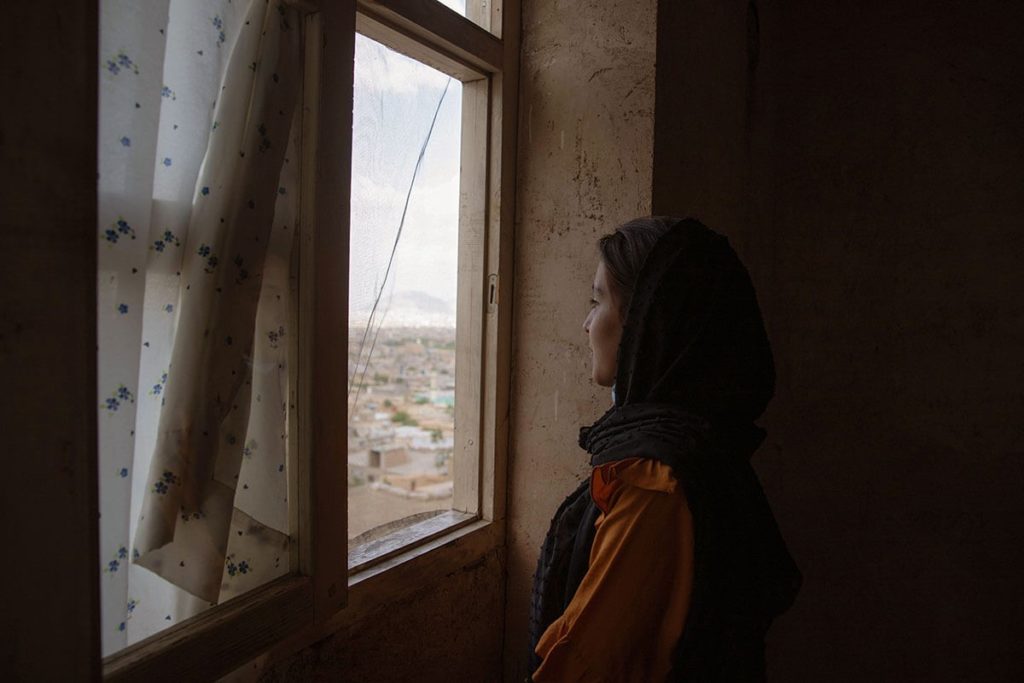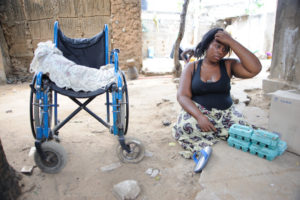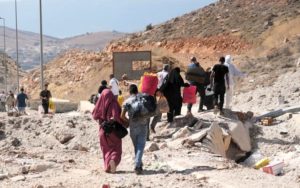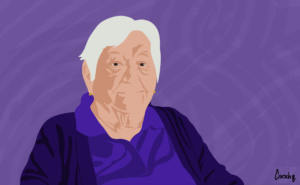
Since the Taliban seized power in August 2021, most Western democracies, led in large part by the US, have pursued a policy of disengagement while humanitarian and development aid has dwindled. Yet, recently there have been increasing calls to start engaging more with the Taliban, not least from women like Nobel Peace Prize nominee, Mahbouba Seraj. Her call for engagement may be controversial, but she is not alone. Several Afghan women’s rights defenders and activists, including Madina Mahbobi and Sahar Fetret, UNAMA and UN Women, as well as aid workers such as Norah Niland who have worked for several years in Afghanistan, have argued that engagement is the only way forward. Others in the Afghan diaspora, such as Tahmina Salik and her organisation DAKDIF, Shukria Barakzai, and Zahra Nader, argue that to engage with the Taliban would be to legitimise their draconian and repressive regime. Some in the humanitarian community, such as Hugo Slim, former policy advisor of the International Committee of the Red Cross, argue that Western democracies must reject the Taliban’s misogyny and withhold aid in a bid to pressure the Taliban. So, whose voices should governments listen to, and which policies should they pursue?
I argue that if the stated intention of many Western governments is to help alleviate poverty and focus on the rights of women and girls, then such policy should be guided by the voices of those women – especially in Afghanistan. While it may be difficult for donor governments to enlarge the role of Afghan females in the public sphere in the short term, the very least Western democracies can do is incorporate the voices and recommendations of Afghan women in their own policymaking.
Voices such as Seraj’s, Mahbobi’s and Fetret’s should hold considerable weight since they have a much greater understanding of the local context and situation than we can hope to have in donor capitals in Europe, North America and elsewhere. Most importantly, Afghan females are the people most impacted by Taliban and Donor policies. Their plea echoes those in the humanitarian sector who argue that withdrawing aid in a bid to pressure the Taliban will only lead to greater suffering, isolation and boosting of hardliners, potentially degrading security, and leading to increased refugee streams. Over 28 million Afghans, 70% of the population, are dependent on aid. Most of them are female, and the UN estimates that roughly 90% of the population are living at or below the poverty line.
The US and its allies relied heavily on a rhetoric of ‘saving’ Afghan women in the justification of their invasion of Afghanistan in 2001; it is time these countries actually listened to the voices of Afghan women rather than viewing them as helpless victims or passive bystanders. Women like Mahbobi argue, as others have, that the alternative to engagement is war and that ignoring the Taliban will not solve the problem – or one of the world’s largest humanitarian crises. The Taliban have, in the 1990s and in their current iteration, made it clear that they do not care much about the fate of their population, making leveraging humanitarian aid a bad idea. It will have limited efficacy, and only risks making the West even more complicit in the suffering and avoidable deaths of many thousands of Afghan men, women, and children.
UAI – Release Frozen Funds
United Against Inhumanity has long called for the US and its European allies to release the sovereign reserves seized after the return of the Taliban to Kabul in 2021. This amounts to some 9.2 billion USD, of which 3.5 billion have been allocated to the Swiss held Afghan Fund. These assets would enable the central bank of Afghanistan, Da Afghanistan Bank (DAB), to help regulate macroeconomic stability in the country and revive the banking sector. This is critical to the development of a functioning economy and increasing livelihood options. Withholding aid and external reserves – the property of the Afghan people – deepens a crisis that the West has played a large role in creating during recent decades. If the West is serious about helping Afghan females, then it must listen to the women and girls of Afghanistan and help the crippled economy get back on its feet. The first step is releasing the frozen funds.
About the author:
Andrea Vejtorp-Birch is a former volunteer and member of the UAI International Executive Committee. She is studying a Master’s Degree in Global Development at the University of Copenhagen; a version of this blog was part of an assignment in a course on Gender and Politics.
The content is the author’s responsibility alone and does not necessarily reflect the views of United Against Inhumanity or any of its members.











